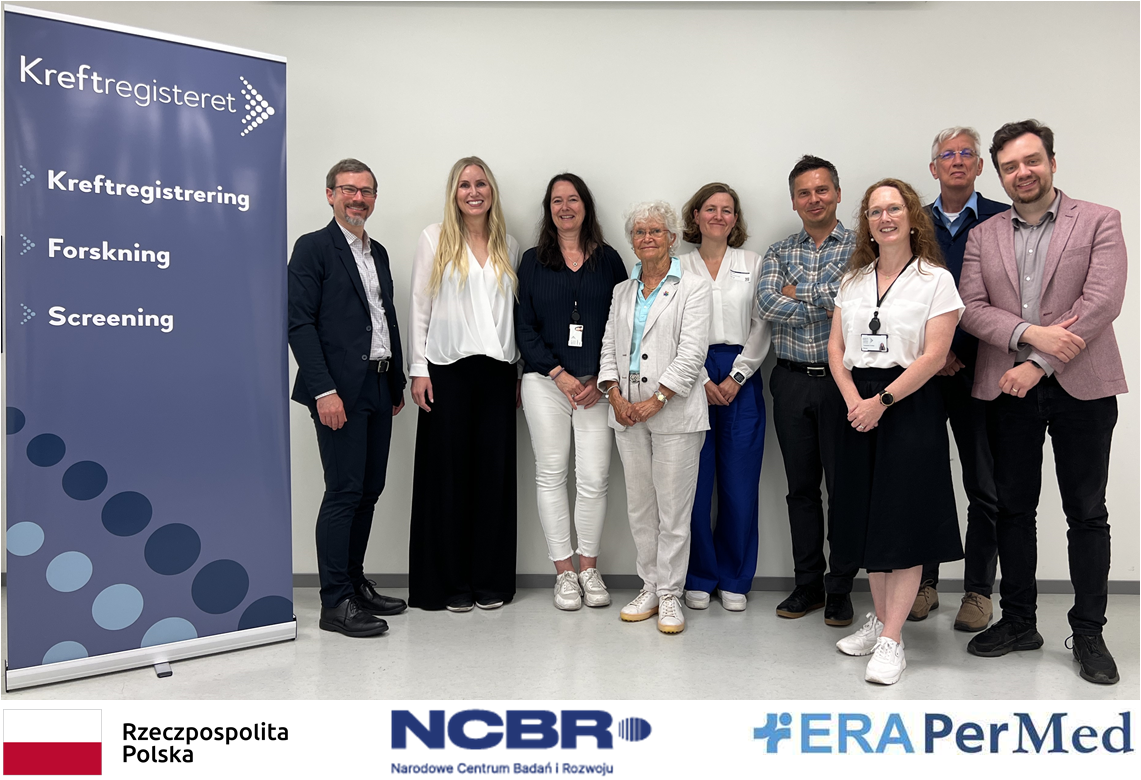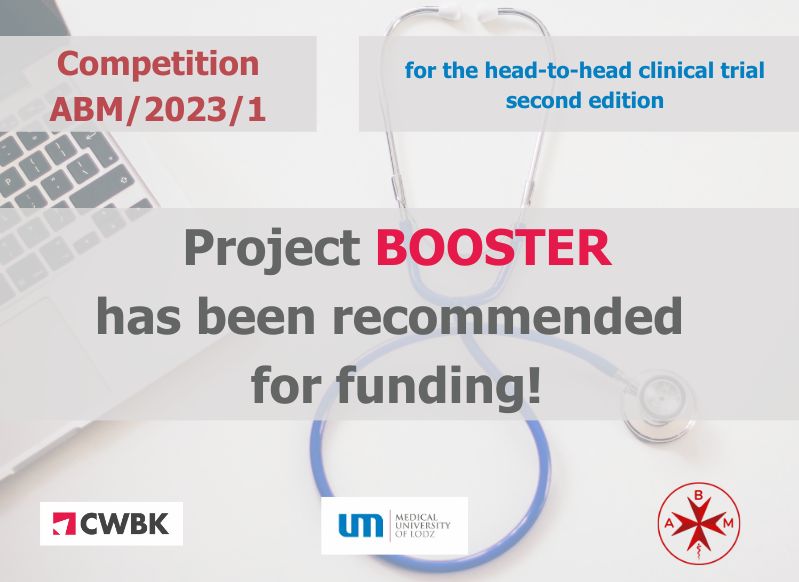Dr Konrad Stawiski leading a project within an international consortium!
We are happy to announce that the miRPOC project (“miRPOC: miRNA as biomarkers in early detection and personalised treatment in ovarian cancer”) has been awarded funding under the ERA PerMed Joint Translational Call 2022, co-financed by the European Commission. This project is conducted within an international research consortium and aims to develop and validate a […]






